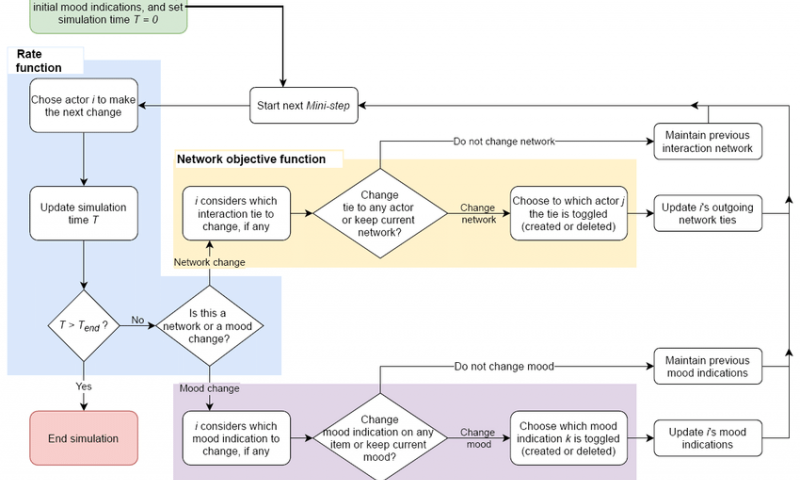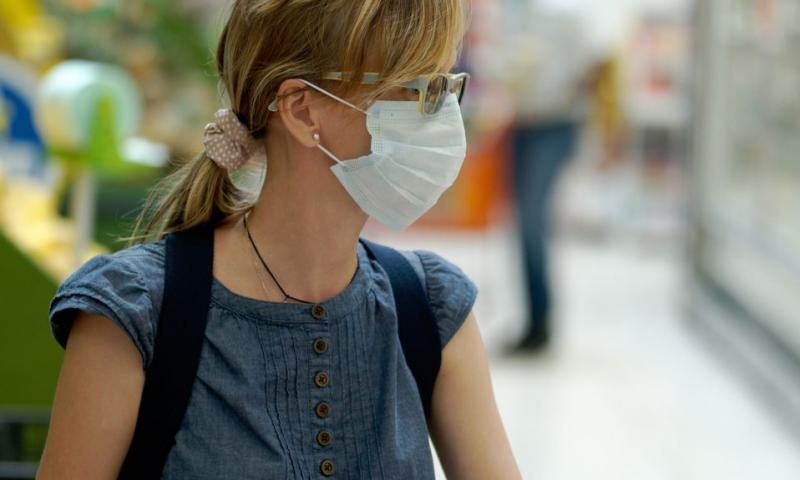The Leverhulme Centre for Demographic Science continues to receive widespread media attention, public and policy impact. For media queries, please contact LCDS.Media@demography.ox.ac.uk.

Wearing face coverings protected wearers from COVID-19 infection – large scale study
People who wore face coverings or masks outside of the home, and were more exposed to infection due to their circumstances, had ‘significantly’ lower rates of COVID-19 infection, according to research published in BMJ Open today, led by Oxford’s Leverhulme Centre for Demographic Science.

Why suggesting mandatory Covid vaccinations is an ethical minefield
Our Director Professor Melinda Mills wrote this opinion piece. 'Building carrot policies and incentives to help workers understand why vaccination protects might be more effective than the mandatory stick, while we cannot forget that the central crux of the vaccination conundrum is this: protecting the fundamental right of one might endanger the wellbeing of another.'

All in the Mind
Dr Per Block is interviewed about his research Sharing the load: Contagion and tolerance of mood in social networks. The study examined mood contagion between teenage musicians on tour, and showed that they caught moods from each other and that bad moods are more contagious than good ones. Listen at 17m 50s.

Is it safe to go to big sporting events during the pandemic?
Professor Jennifer Dowd says there are ways to make it safer if you do decide to go to sports stadiums. "Yelling, chanting, hugging and generally pouring out our sports enthusiasm is still not the safest activity...Spaces that are indoors with lots of people eating and drinking without masks are still among the riskiest," she said.

Primary school pupils learned 'little or nothing' from online lessons during lockdown
... and lost a FIFTH of the progress they would have made in the classroom, study finds. Research conducted by Per Engell, Arun Frey and Mark Verhagen found that primary school children learned very little or nothing during lockdown, without face to face teaching. The team studied evidence from the Netherlands, and suggest their findings are applicable internationally.

People struggle to assess risk, especially in a pandemic
With worries circulating about the risk of blood clots possibly linked with a COVID-19 vaccine, our Director Professor Melinda Mills wrote this opinion piece on public perception of risk. It alters in times of uncertainty, such as a pandemic. 'If you take the Oxford AstraZeneca vaccine, you have a 99.9996% chance of not developing a clot,' she wrote.




